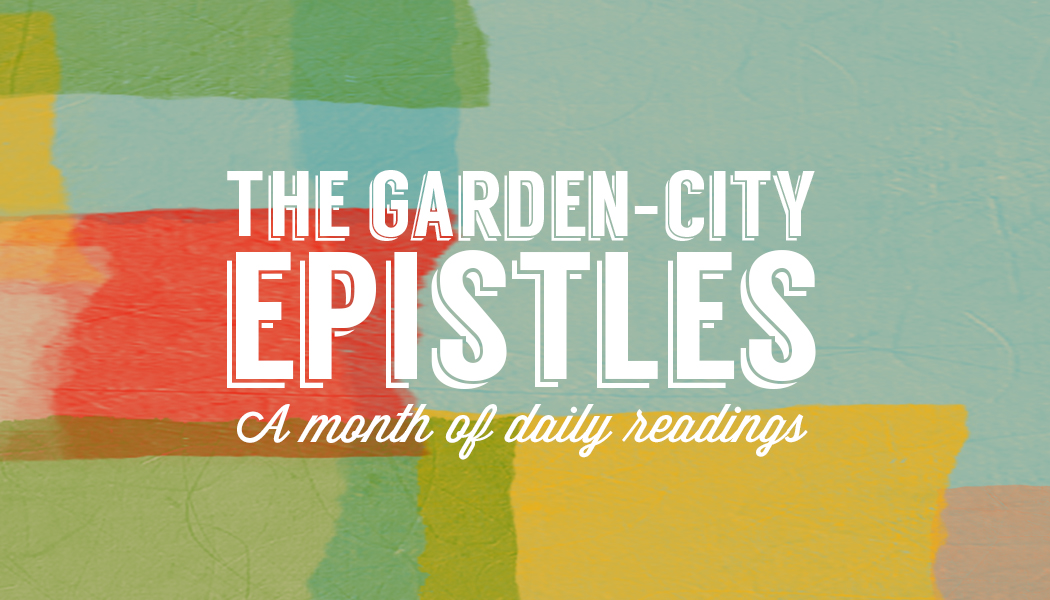I wrote this letter for Corey and Kendall Grazul, a godly young couple with a firm understanding of what it means to love God and love your city (in that order, possibly because of that order).
I have been a scuba diver for several years and have gone on hundreds of dives across North America. Three have been environmental rescue dives. I visited sites in crisis and worked with teams of volunteers to assist in ecological sustainability. I have no doubt God was pleased with my work in service to his Creation.
Yet I am equally certain God is pleased by my work as a pastor, as a husband and father, and as an artist creating robot-themed lamps out of electrical conduits and junction boxes. I experienced God’s pleasure while creating weird housewares, just as I did while scraping mollusks and barnacles off underwater rock formations.
How can this be? How can two totally different pursuits—one selfless and one frivolous—both serve as portals to God’s pleasure?
You have been involved in a number of noble pursuits. You have chosen your vocations with care, allowing maximal freedom to pursue your passions independent of your paychecks. I applaud and admire you for this, just as I often uphold your example to others.
One of the things I think you grasp intuitively is that there is no actual boundary between godly work and good work. All work is good when we do it unto the Lord.[1] The fact that we see ourselves in cooperation with God, regardless of what—specifically—we’re doing, helps us understand that God’s project of ongoing Creation is as varied as it is large.
The ideal human existence is not eternal leisure and endless vacation. Our fulfillment depends on creative, constructive work. The work we do not only improves the world, but us, also.
Whenever the Creator’s creations perpetuate Creation, we refer to that cooperative effort as “city-work.” Agriculture and forestry and ecology are city-work, just as government and law enforcement are city-work. With every field we till or sculpture we craft, whether with plastics or pinewood or peach pits or paper, we move one step closer to the vision in Revelation of the City of God.
God’s City is beautifully adorned, wonderfully planned, symmetrically designed, and holistically organic. There’s music and architecture, creativity and hard work, community and laughter, good food and fine wine, with marvels and wonders upon which to gaze as we experience the unfettered presence of God.
[1] 1 Corinthians 10.31.
fossores
Related posts
Categories
Category Cloud
Tag Cloud
Recent Posts
- Victors and Victims November 6, 2018
- 3 Hacks for Happiness October 29, 2018
- Hope Against Death September 20, 2018
- The Shape Of The Cross September 19, 2018


